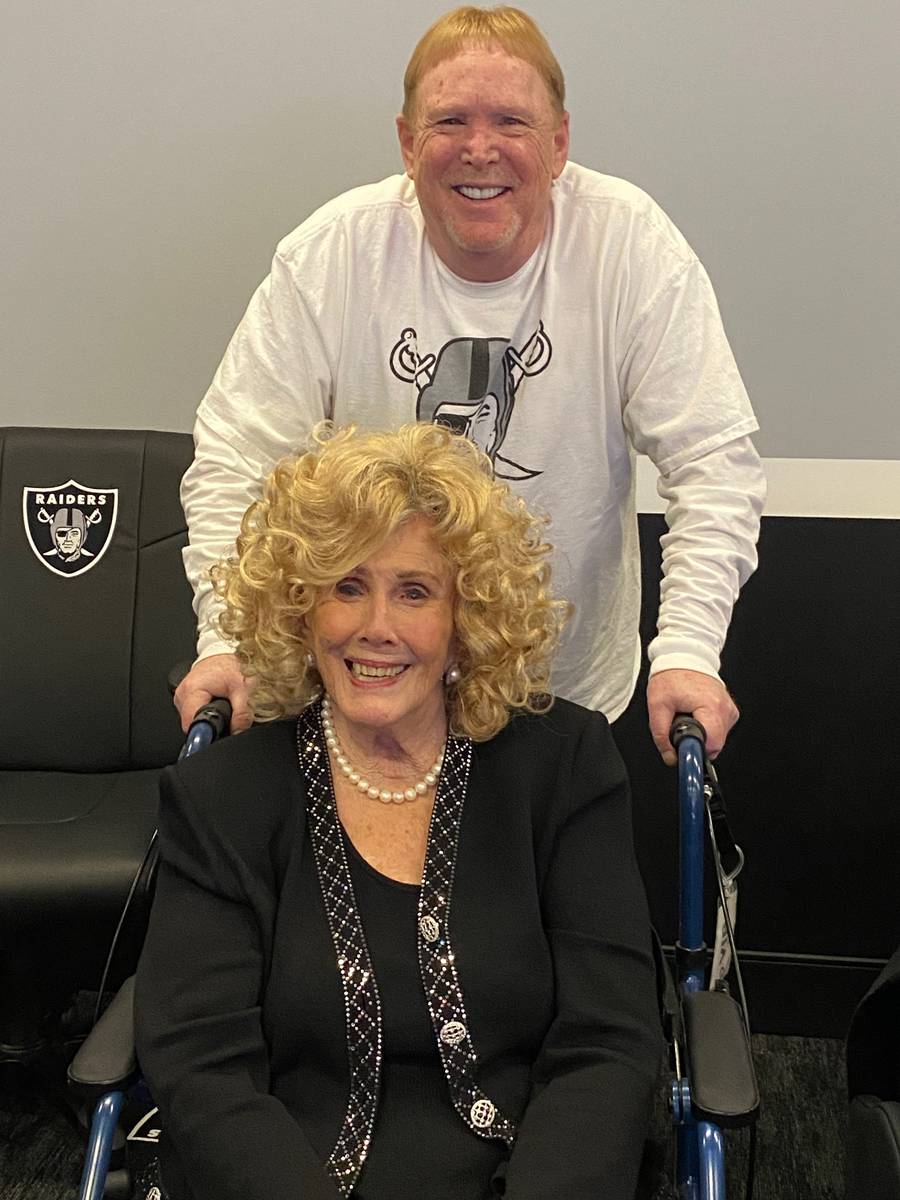Is Mark Davis the enigmatic figure he appears to be? The life of this individual, whether examined through his professional achievements or personal milestones, is a tapestry woven with intriguing threads. A bold statement supporting this query lies in the fact that Mark Davis, across various contexts and timelines, has been associated with multiple personas—each adding layers of complexity to his identity. This invites readers to delve deeper into understanding who exactly Mark Davis is beyond the surface level.
Mark Anthony Davis, as noted in an obituary dated October 5, 2024, left behind a legacy marked by familial bonds. Survived by his daughter Dallas Dawn Davis and her husband Brandon, along with grandchildren Eric, Lily, and Regan, his family ties reflect a man deeply connected to those around him. Additionally, his son Jackson Davis and wife Lisa further enrich the narrative of his personal life. These relationships paint a vivid picture of a man whose existence was intertwined with love and responsibility. Meanwhile, another mention places Mark A. Davis within a different context; married to Jennifer (Sells) Davis since February 14, 2010, they shared parenthood through their son Travis (Taylor) Davis and grandchildren Maddex. Such details highlight not only the multifaceted nature of individuals named Mark Davis but also underscore how each version contributes uniquely to public perception.
| Name | Mark Davis |
|---|---|
| Date of Birth | Varies based on individual records |
| Spouse(s) | Jennifer (Sells) Davis, Brittney Storm (Ellis), Lisa Davis |
| Children | Dallas Dawn Davis, Jackson Davis, Travis (Taylor) Davis |
| Grandchildren | Eric, Lily, Regan, Maddex, Kynleigh, Karrson, Payton, Brileigh, Akxel |
| Professional Affiliation | Stanford Medicine (Mark M. Davis Lab), RadioDiscussions |
| Notable Achievements | Research contributions to T and B lymphocyte studies, impactful commentary in radio discussions |
| Reference Link | Stanford Davis Lab |
Beyond familial connections, Mark Davis emerges as a pivotal figure in scientific research and media discourse. As highlighted by Stanford Medicine, Mark M. Davis leads groundbreaking work focused on T and B lymphocytes' antigen recognition—a field critical for immunology advancements. His exploration delves into structural and biochemical aspects underlying T-cell functionality, positioning him at the forefront of cutting-edge science. Simultaneously, his presence in radio discussions showcases versatility, where personal anecdotes often intertwine with broader societal observations. For instance, during one broadcast, he reminisced about standing steadfast beside his spouse, illustrating both emotional depth and intellectual rigor characteristic of his persona.
In contrast, Raiders owner Mark Davis adds yet another dimension to this mosaic. At 69 years old, he confessed that his young girlfriend remained unaware of his billionaire status, drawn instead to his charismatic smile. This revelation hints at a more private side, emphasizing authenticity over material wealth. Such instances humanize figures otherwise perceived solely through public roles, offering glimpses into genuine motivations driving their actions.
Each iteration of Mark Davis—from the devoted father chronicled in obituaries to the pioneering scientist advancing medical knowledge—serves as testament to humanity's capacity for reinvention and resilience. Whether navigating familial grief, contributing significantly to scientific progress, or maintaining authentic relationships amidst fame, these facets collectively define Mark Davis. Thus, exploring his life offers valuable insights applicable universally, reminding us all of our inherent potential to transcend limitations imposed by circumstance or expectation.
Ultimately, unraveling the mystery surrounding Mark Davis necessitates acknowledging his diverse identities while appreciating the commonalities binding them together. Through examining his varied experiences, we gain perspective on what it means to live fully engaged lives rich with purpose and connection. In doing so, perhaps we too can embrace our own complexities, finding strength in vulnerability and meaning in every phase of existence.



